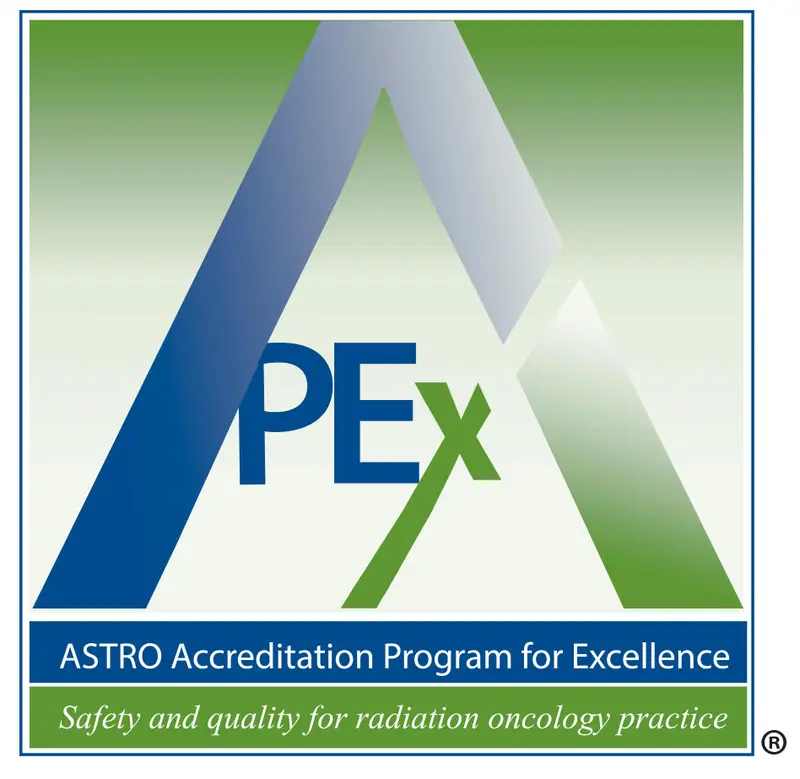Lung cancer poses a significant healthcare challenge in the United States, with approximately 237,000 individuals newly diagnosed each year. Although the majority of cases are found at an advanced stage, approximately 25-35% of cases are detected early where surgery and chemotherapy can be effective treatment options. Despite these efforts, disease recurrence rates remain high, impacting as many as 30-60% of patients within five years. Improving long-term outcomes for patients undergoing surgery for early-stage, non-small cell lung cancer is a top priority.
One promising treatment option is immunotherapy, a non-chemotherapy cancer treatment that harnesses the body’s own immune system to recognize and eradicate cancer cells. Over the past decade, immunotherapy has been widely integrated into treatment regimens across many different types of cancer, including lung cancer. In patients with advanced non-small cell lung cancer who lack specific oncogene driver mutations, immunotherapy has emerged as a leading first-line treatment strategy, offering significant improvements in long-term survival. Recent studies have explored the potential of incorporating immunotherapy into the treatment plans of patients with early-stage lung cancer preparing for surgery.
In cases where specific gene mutations are absent, several large-scale randomized phase 3 clinical trials have demonstrated significant improvements in disease-free survival for patients receiving peri-operative immunotherapy compared to chemotherapy alone.
For instance, the IMpower 010 trial demonstrated that one year of immunotherapy with atezolizumab following surgery and chemotherapy improved disease-free survival and decreases risk of recurrence by 34% in certain patients. Similarly, the KEYNOTE-091 trial showed that one year of pembrolizumab post-surgery and post-operative chemotherapy decreased recurrence risk by 27%. The CheckMate 816 trial found that pre-operative immunotherapy using nivolumab alongside chemotherapy before surgery reduced the risk of disease progression, recurrence, or death by 37%. Recent studies like KEYNOTE-671 and AEGEAN have also highlighted the potential benefits of pre-operative immunotherapy with pembrolizumab and durvalumab, followed by chemotherapy and one year of post-operative immunotherapy, reducing risk by 32-42%. Some immune checkpoint inhibitors have received FDA approval for perioperative use. However, the best treatment sequencing, duration, and overall survival implications in resectable non-small cell lung cancer patients require further investigation.
In patients with identified EGFR mutations, targeted therapy using osimertinib for three years following surgery has led to significant improvements. This treatment has resulted in an impressive 83% reduction in the risk of disease recurrence. Additionally, recent updates presented at the 2023 American Society of Clinical Oncology annual meeting have shown a promising 51% reduction in the risk of death from lung cancer after five years. Ongoing studies are actively exploring targeted treatment strategies after surgery for patients with other gene mutations like ALK rearrangements.
While remarkable progress has been made, we recognize that not all patients experience significant benefits from these treatments. Therefore, further research is vital to better identify which patients will derive the most benefit from these treatment options. This ongoing research will enable us to create personalized treatment plans tailored to each patient’s specific needs, providing the best possible chance for a positive outcome. The health and well-being of our patients remains our utmost priority, and we are dedicated to providing the most effective and tailored treatments available.















